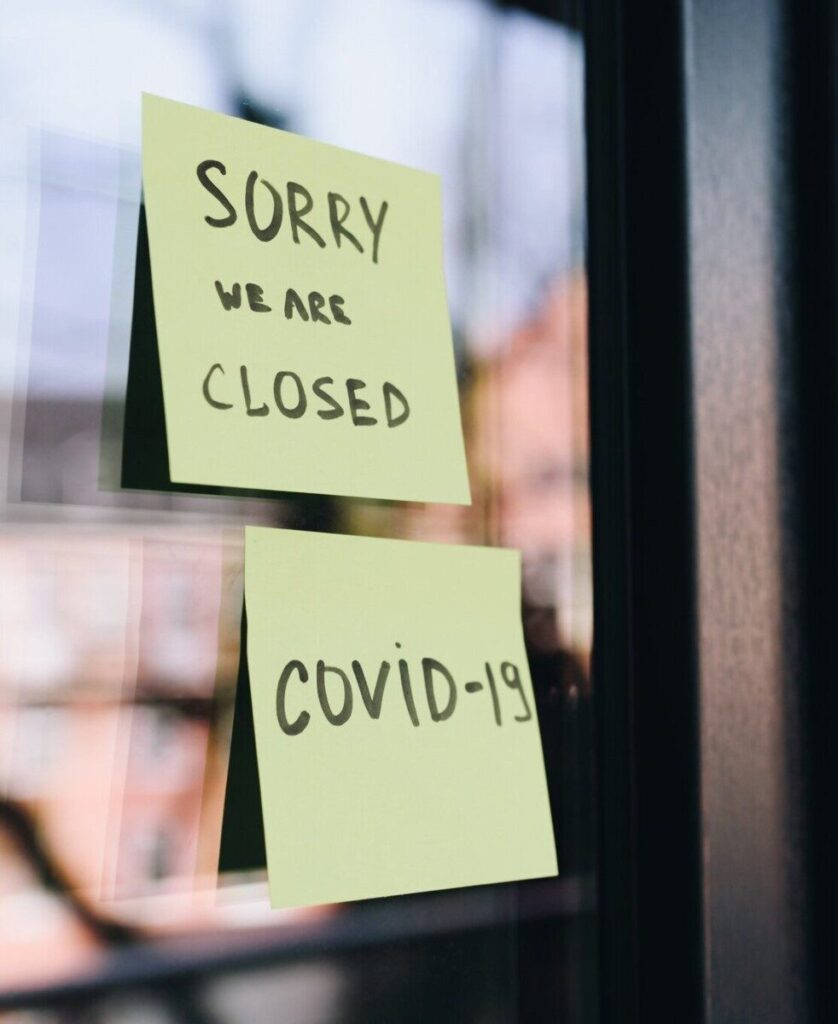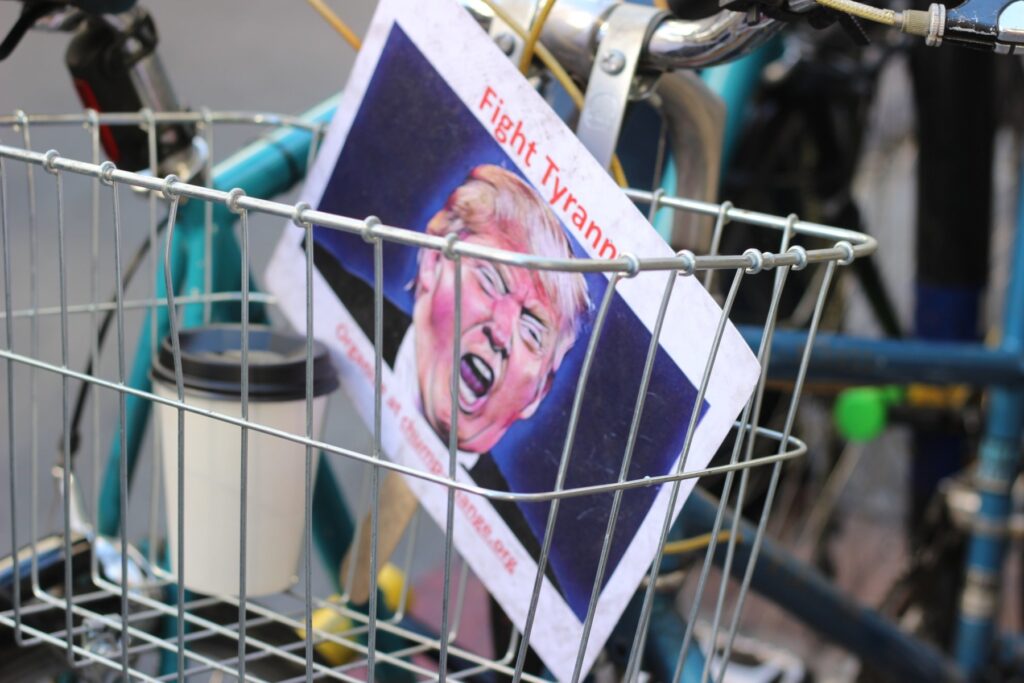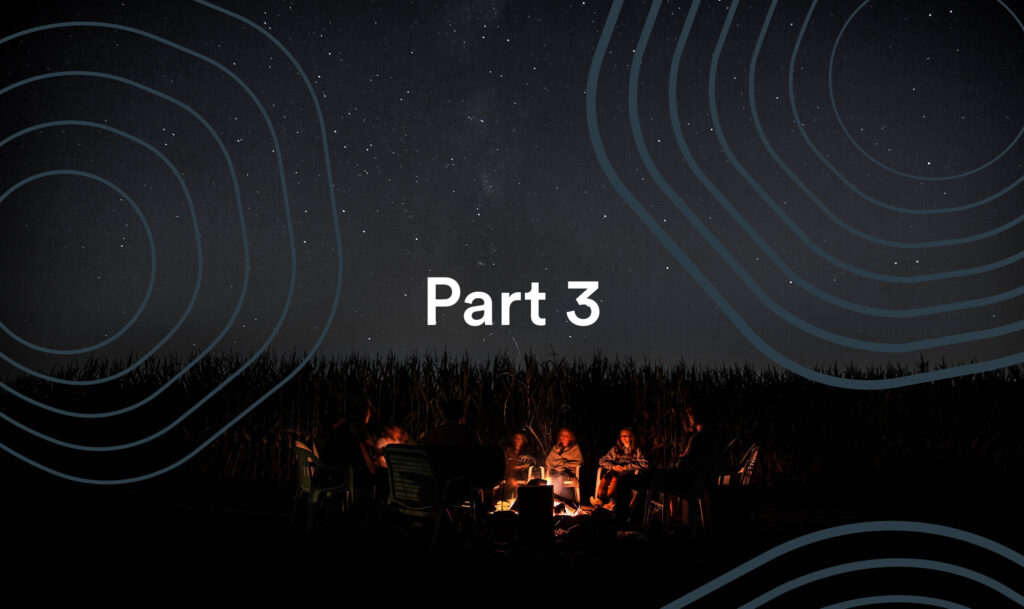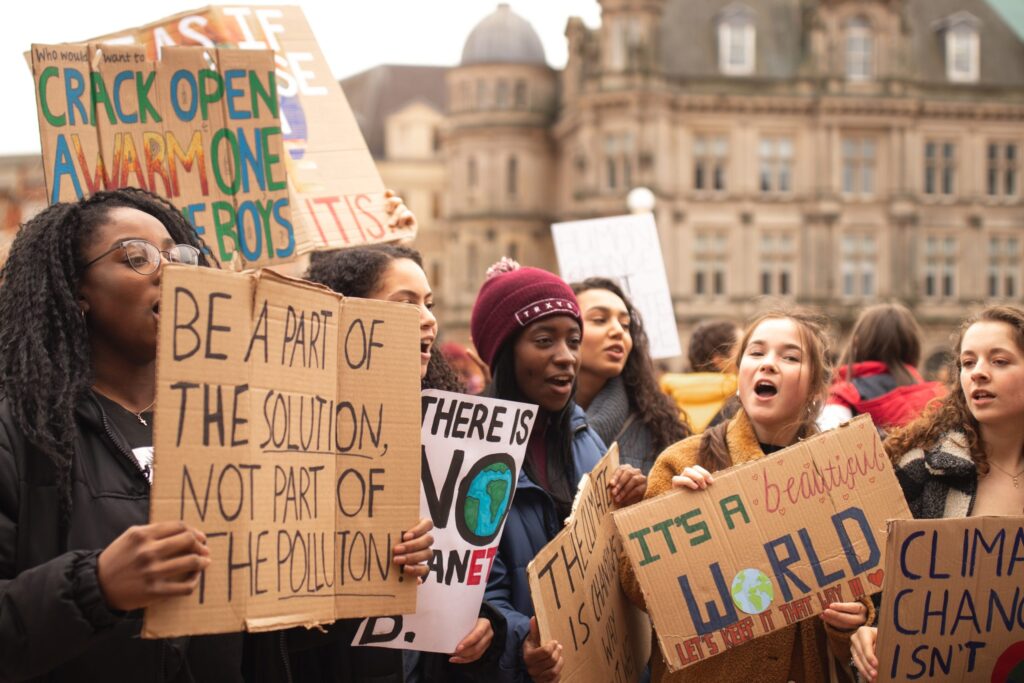Staring at the numbers for signs to hope.
It feels like some form of the “bargaining” phase of grief. Maybe it won’t be that bad? Maybe we’ll find a magic cure? Maybe we’re over the worst?
A few commentators were quick off the mark to say that one good to come from the Covid-19 pandemic could be that experts will make a come-back in the eyes of the public.
Some signs are already there.

How many studies did you see cited in family group chats before this all started? I even saw a newspaper saying “experts warn” in a piece about whether or not you should shave your head while in quarantine.
But it’s not really as simple as expertise being “in” or “out”. And if we buy into that, we perpetuate an idea of expertise being one thing.
Many of us aren’t armed with a good enough understanding of how expert knowledge is acquired
This isn’t good. It threatens trust in expertise, and the ability for expertise to have impact.
For example, a friend of mine was expressing her confusion over the Covid “herd immunity” debate. She said: “It’s so strange seeing clever scientists disagreeing, I thought science was just science: clear cut, yes/no”.
She’s a smart cookie, but even her grasp of how a scientific knowledge base is built is lacking. A great piece in the New Scientist outlined the source of her confusion:
…it’s vital to stress that “the science” of this pandemic – and what should be done in response – is quite different from “the science”, say, of how soap and water protect against the coronavirus.
The benefits of the latter in handwashing are based on established facts, testable ideas and the results of properly planned experiments. It is knowledge; science used as a noun. Whereas research on Covid-19, and in particular the policy response, is science as a verb. It is uncertain, transitive, contested and volatile.
This is an important distinction. But it’s one most of us won’t have in our arsenal when hearing the experts on Government broadcasts every night. Plus, given that the main purpose of this communication is to save lives and keep the peace, this distinction is not a priority message.
Still, I’ve been starting to think that this pandemic is to research and evidence, what Brexit was to the British political system.
Which is to say, people are exposed to its nuances by seeing it heavily in action. No, you can’t have a referendum and then act on it the next day. Yes, clever experts do disagree.
These revelations could be surprising and dismaying to a lot of people. And in both instances, they came too late, and at a time when there were already a lot of shocks to take in.
So what could be done differently?
This pandemic is a lesson on the importance of working in the open more
Covid-19 might also be showing us the way ahead. In response to this global threat the scientific community is operating much more nimbly: saving academic publications for later and instead taking findings directly to a panel of experts on a video conference.
The speed at which the evidence has moved and then, crucially, been brought to the public has been impressive. Many think tanks have been equally speedy in their response.
This is promising.
And it’s an approach that could be brought to less responsive, longer-term research focus. Publishing more often and more openly even while the research is ongoing, as Richard Darlington outlines, brings benefits.
Staying at the surface means you build interest and engagement over time – compared to burrowing away into the work, then expecting instant engagement with a surprise publication of lengthy technical research.
What’s more, it helps create understanding in audience of not just of what we know, but how we know it. Plus, through a sustained presence in people’s lives, there’s a greater chance of building familiarity and trust.
We can certainly hope that the profile of expertise will be in a better place after this, but it will only come if we take the cues for change.
Image credit: Anastasiia Chepinska on Unsplash.





